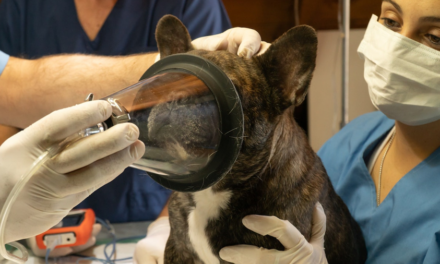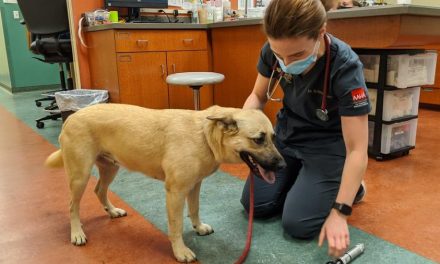According to a new market research report by Meticulous Research®, the veterinary practice management software market is projected to reach $674.5 million by 2031, with a compound annual growth rate (CAGR) of 7.7% from 2024 to 2031.
Veterinary practice management software aids veterinarians in managing patient information, treatment planning, scheduling, and administrative functions like accounting. This software streamlines patient diagnosis and treatment management, enabling efficient treatment delivery by nurses or technicians. Administrative staff use the software for patient communications, scheduling, and payment management. Advanced versions of this software are available for veterinary hospitals, while smaller clinics can utilise scaled-down versions.
Market Drivers and Challenges
The growth of this market is driven by several factors, including the increasing pet and livestock populations, rising incidences of chronic and infectious diseases in companion and livestock animals, strategic partnerships leading to product innovation, and increasing animal health expenditure and pet insurance in developed countries. However, limited adoption among small veterinary practices as well as a shortage of veterinary practitioners for livestock animals pose challenges to market growth.
The prevalence of diseases in companion animals is also rising. Common conditions include obesity, diabetes mellitus, and heartworm disease. According to the Association for Pet Obesity Prevention (APOP), 28% of cats and 17% of dogs in the U.S. were overweight or obese in 2023. Infectious diseases in animals, such as zoonoses, also drive visits to veterinary clinics and affect the production and trade of livestock products. Additionally, approximately 60% of infectious diseases worldwide are zoonotic, according to the World Health Organization (WHO).
In 2024, the on-premises model segment is expected to hold the larger market share (58.7%), though the cloud/web-based model is projected to grow at the fastest rate. Cloud/web-based software, eliminating the need for physical servers and their associated maintenance costs, is preferred by veterinarians who work off-site or travel to visit patients.
Companion animal practices, which focus on small animals like cats, dogs, birds, rabbits, and pocket pets, are expected to dominate the market. These practices use management software for scheduling, communication, electronic medical records, invoicing, accounting, and inventory tracking.








